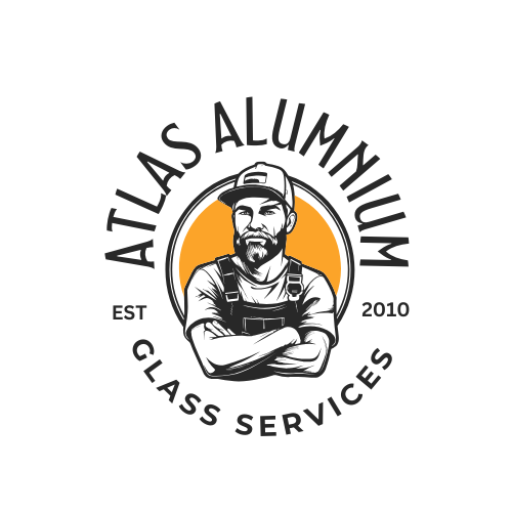The first thing that comes to mind when most people think about aluminum is the humble soda can that keeps our favorite beverages fresh. Besides packaging, aluminum is used extensively in vehicles we drive, planes that take us on vacation, and electronics that keep us connected. Aluminum’s unique physical properties can also prevent tropical storms and hurricanes.
How does aluminum benefit the environment?
Despite aluminum’s ubiquitous presence, its extraction from bauxite ore is still energy-intensive. Recyclability outweighs the difficulties involved with producing aluminum for the first time. Making aluminum from scratch takes less than 5% of the energy. The benefits of aluminum are retained even after it has been recycled many times, unlike plastics.
Due to its infinitely recyclable nature, aluminum is recycled very quickly. For instance, aluminum cans contain 68 percent recycled content, while plastic bottles contain around 3 percent. Aluminum recycling rates in the automotive and other manufacturing industries exceed 90 percent. According to some studies, over 70% of all aluminum produced is still being used in some form.
Why are aluminum windows and doors used?
There are varying degrees of aluminum incorporation into windows and doors. There are times when aluminum cladding is used to protect window sashes, door panels, and the surrounding frames. An aluminum layer is wrapped around a wood or vinyl core to protect it. Our Atlas Aluminum products can also be made entirely from extruded aluminum.
What is Extruded Aluminum?
The cladding on windows and doors is either extruded or roll-formed. During production, a thin sheet of aluminum is run through a machine fitted with hundreds of rollers, which form the metal into the desired shape. Aluminum roll-formed products are limited in thickness, which is the main disadvantage. This is why roll-formed aluminum is often used for cladding rather than to construct thicker components for windows and doors.
Aluminum extruded components are made by pressing large aluminum billets through a die shaped to the desired profile from a large billet of aluminum (bar or rod). Extrusion is something you probably understand if you ever played with a Play-Doh Fun Factory as a kid or if you ever used a pasta press.
Is extruded aluminum the right choice for my project?
Windborne debris can enter a home or business when the glass is impact-rated, but that’s only one aspect of the story. A building suffers catastrophic damage when high winds blow into it, creating high pressure. If the pressure reaches high, you can blow down your house’s walls or lift the entire roof. Home wind breaches are most likely to occur through window and door openings.
A high-quality, impact-rated glass pane will withstand most of what can be thrown at it, but it won’t help if it is smashed out of its frame. So, it’s important to pick windows and doors with sturdy frames that can hold those protective layers of glass in place even under extreme conditions. The level of protection provided by vinyl or roll-formed aluminum cladding is lower than that offered by extruded aluminum components.
Why Atlas Aluminum?
High-wind and flying debris-resistant windows and doors from Atlas Aluminum. Tropical storms and hurricanes punish coastal regions most severely. Coastline windows and doors feature extruded aluminum frames, so safety doesn’t mean sacrificing size. All over the USA, which boasts the most stringent hurricane-related building codes in North America, is approved for massive Coastline windows, a panoramic collection of scenic doors, and even Coastline garage doors.
The Coastline product line is known for its strength. However, its highly crafted windows and doors deliver a stunning aesthetic, a superior level of finish, and a wide range of custom design options.

